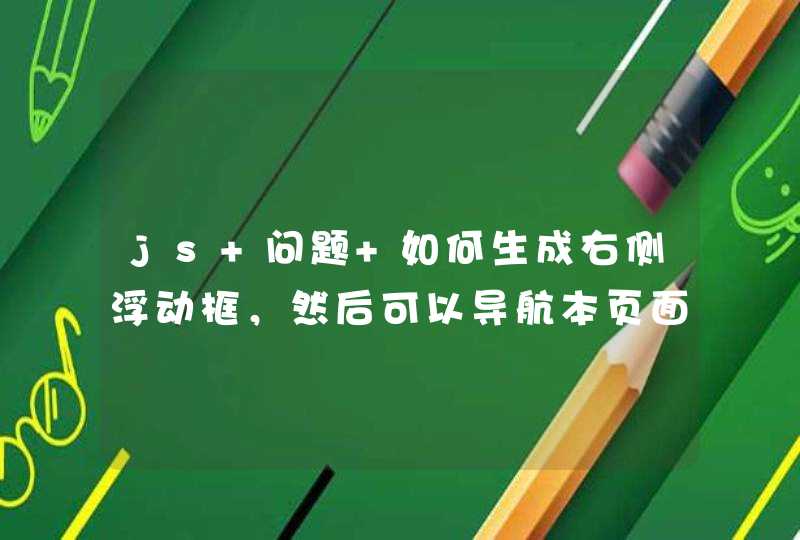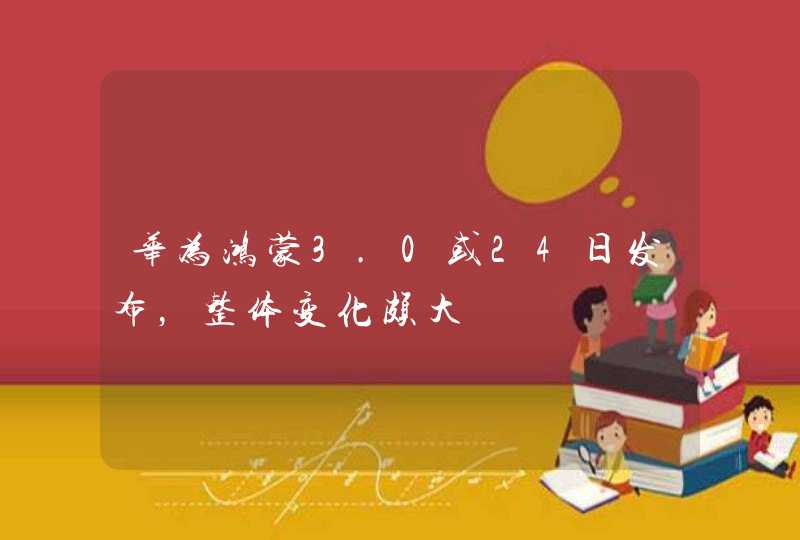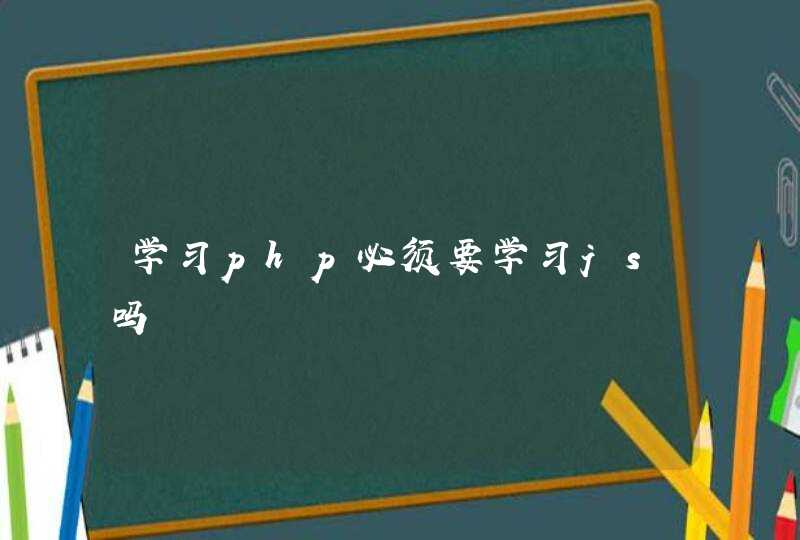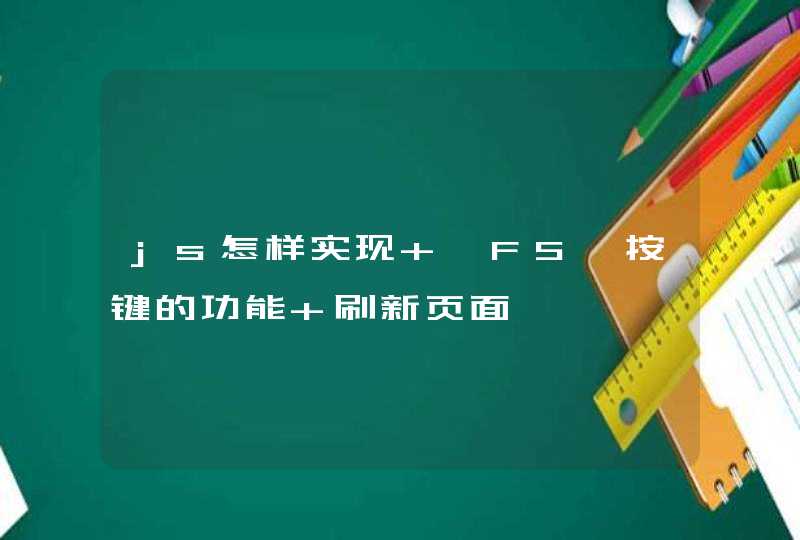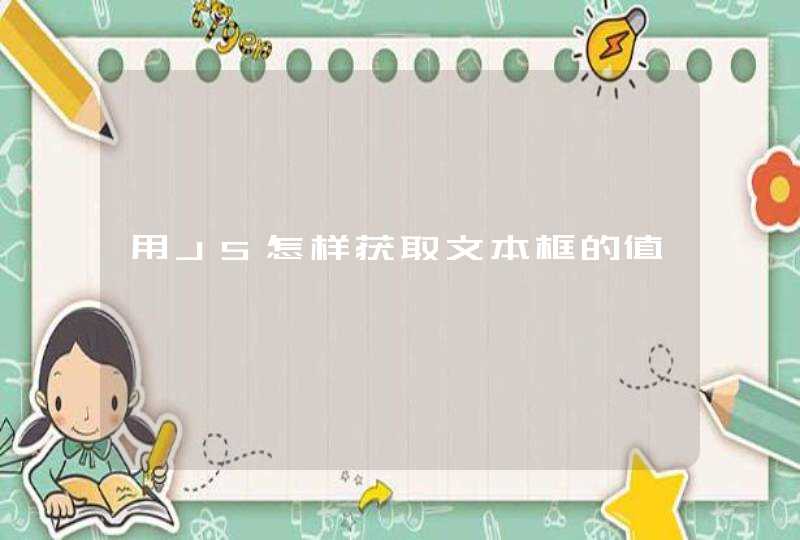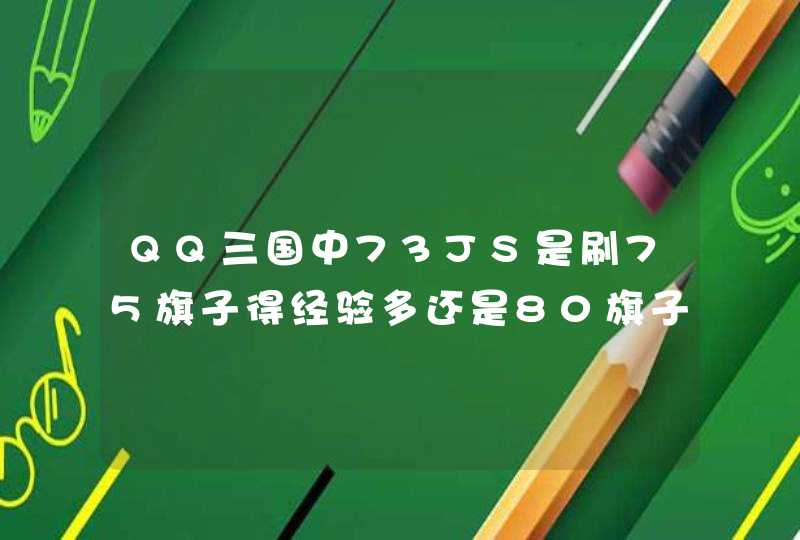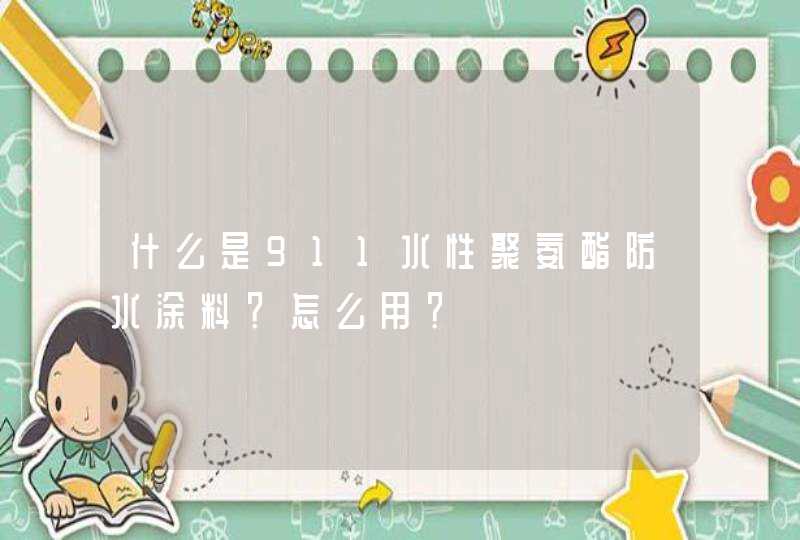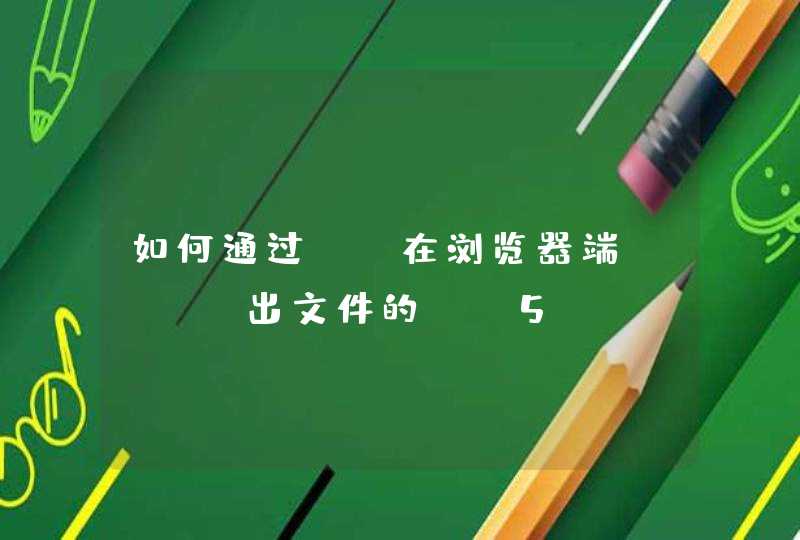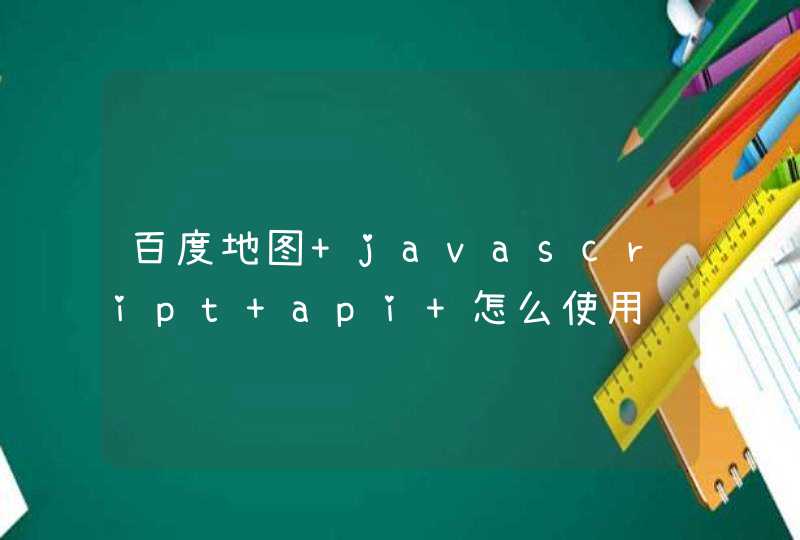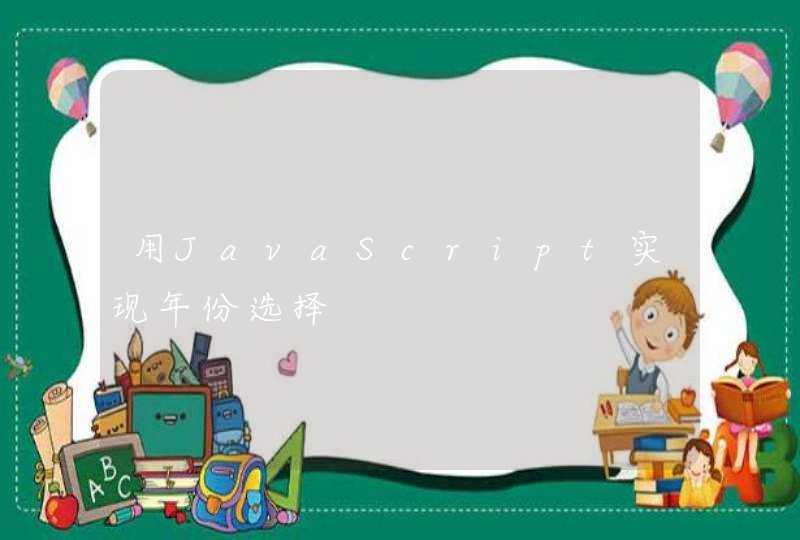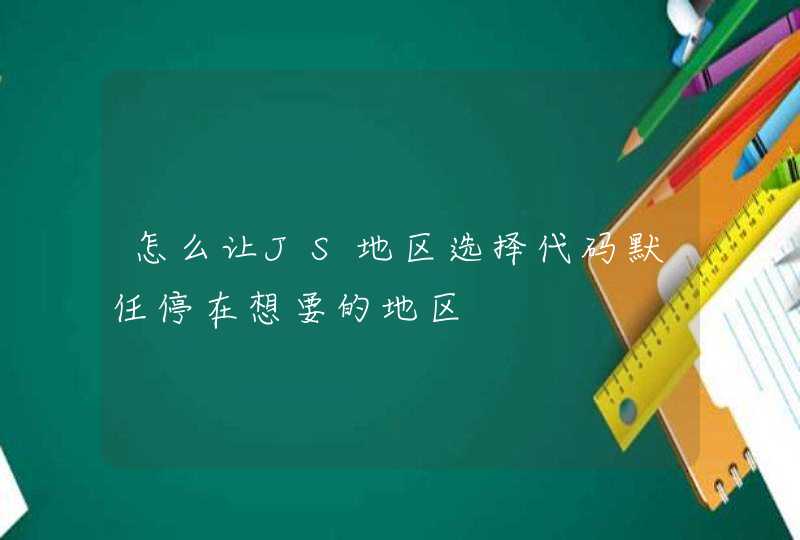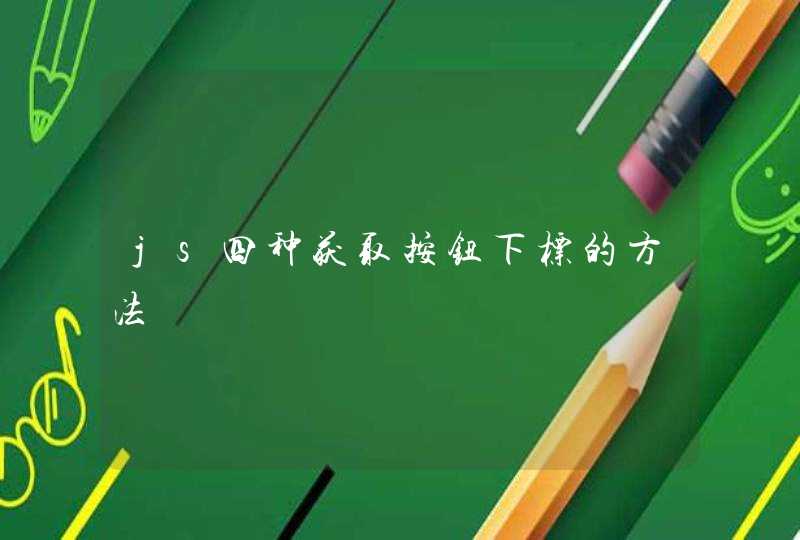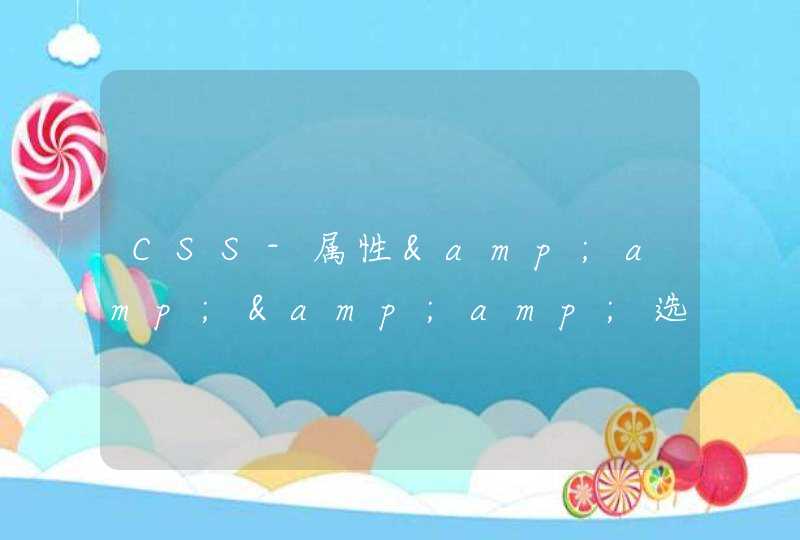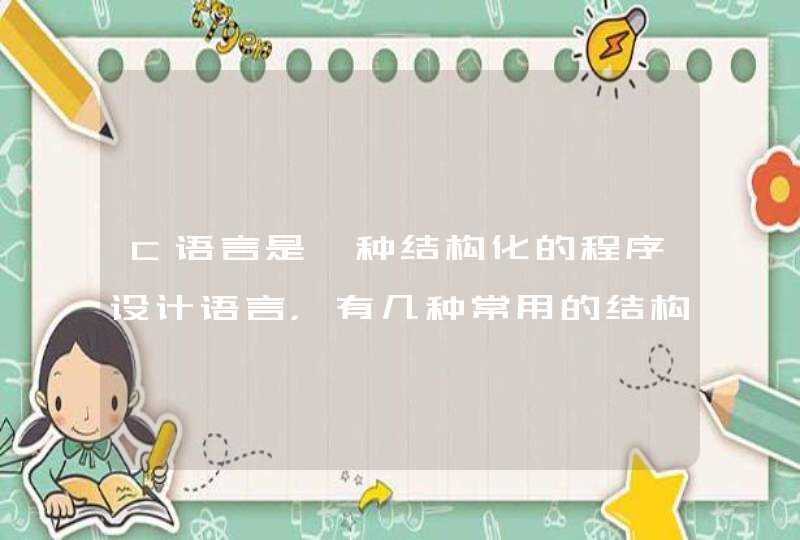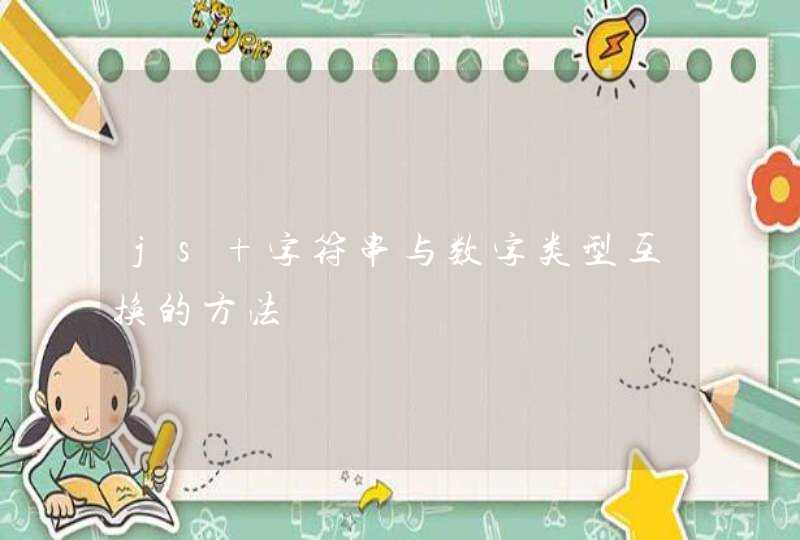
2、使用instanceof检测,instanceof运算符与typeof运算符相似,用于识别正在处理的对象的类型。与typeof方法不同的是,instanceof方法要求开发者明确地确认对象为某特定类型。
3、使用constructor检测,construction本来是原型对象上的属性,指向构造函数。但是根据实例对象寻找属性的顺序,若实例对象上没有实例属性或方法时,就去原型链上寻找,因此,实例对象也是能使用constructor属性的。
如何判断js中的数据类型:typeof、instanceof、 constructor、 prototype方法比较如何判断js中的类型呢,先举几个例子:
var a = "iamstring."
var b = 222
var c= [1,2,3]
var d = new Date()
var e =
function(){alert(111)}
var f =
function(){this.name="22"}
最常见的判断方法:typeof
alert(typeof a)
------------>string
alert(typeof b)
------------>number
alert(typeof c)
------------>object
alert(typeof d)
------------>object
alert(typeof e)
------------>function
alert(typeof f)
------------>function
其中typeof返回的类型都是字符串形式,需注意,例如:
alert(typeof a == "string")
------------->true
alert(typeof a == String)
--------------->false
另外typeof
可以判断function的类型;在判断除Object类型的对象时比较方便。
判断已知对象类型的方法: instanceof
alert(c instanceof Array)
--------------->true
alert(d instanceof
Date)
alert(f instanceof Function)
------------>true
alert(f instanceof function)
------------>false
注意:instanceof
后面一定要是对象类型,并且大小写不能错,该方法适合一些条件选择或分支。
根据对象的constructor判断:
constructor
alert(c.constructor ===
Array) ---------->true
alert(d.constructor === Date)
----------->true
alert(e.constructor ===
Function) ------->true
注意: constructor 在类继承时会出错
eg,
function A(){}
function B(){}
A.prototype = new B()//A继承自B
var aObj = new A()
alert(aobj.constructor === B) ----------->
true
alert(aobj.constructor === A) ----------->
false
而instanceof方法不会出现该问题,对象直接继承和间接继承的都会报true:
alert(aobj instanceof B) ---------------->
true
alert(aobj instanceof B) ---------------->
true
言归正传,解决construtor的问题通常是让对象的constructor手动指向自己:
aobj.constructor = A
//将自己的类赋值给对象的constructor属性
alert(aobj.constructor === A) ----------->
true
alert(aobj.constructor === B) ----------->
false//基类不会报true了
通用但很繁琐的方法: prototype
alert(Object.prototype.toString.call(a) === ‘[object String]’)
------->true
alert(Object.prototype.toString.call(b) === ‘[object Number]’)
------->true
alert(Object.prototype.toString.call(c) === ‘[object Array]’)
------->true
alert(Object.prototype.toString.call(d) === ‘[object Date]’)
------->true
alert(Object.prototype.toString.call(e) === ‘[object Function]’)
------->true
alert(Object.prototype.toString.call(f) === ‘[object Function]’)
------->true
大小写不能写错,比较麻烦,但胜在通用。
通常情况下用typeof
1、获取文本框长度:[html] view plaincopy
<html>
<body>
<script type="text/javascript">
var before="abcdefgh"
var after=before.length
alert(after)//显示结果长度为8
</script>
</body>
</html>
2、截取变量:
[html] view plaincopy
<html>
<body>
<script type="text/javascript">
var before="abcdefgh"
var after=before.substr(0,3)
alert(after)//显示结果abc
</script>
</body>
</html>
3、获取某字符的位置 :
[html] view plaincopy
<html>
<body>
<script type="text/javascript">
var before="abcdefgh"
alert("d的位置为:"+before.indexOf("d"))//结果为3 从0开始的
</script>
</body>
</html>



